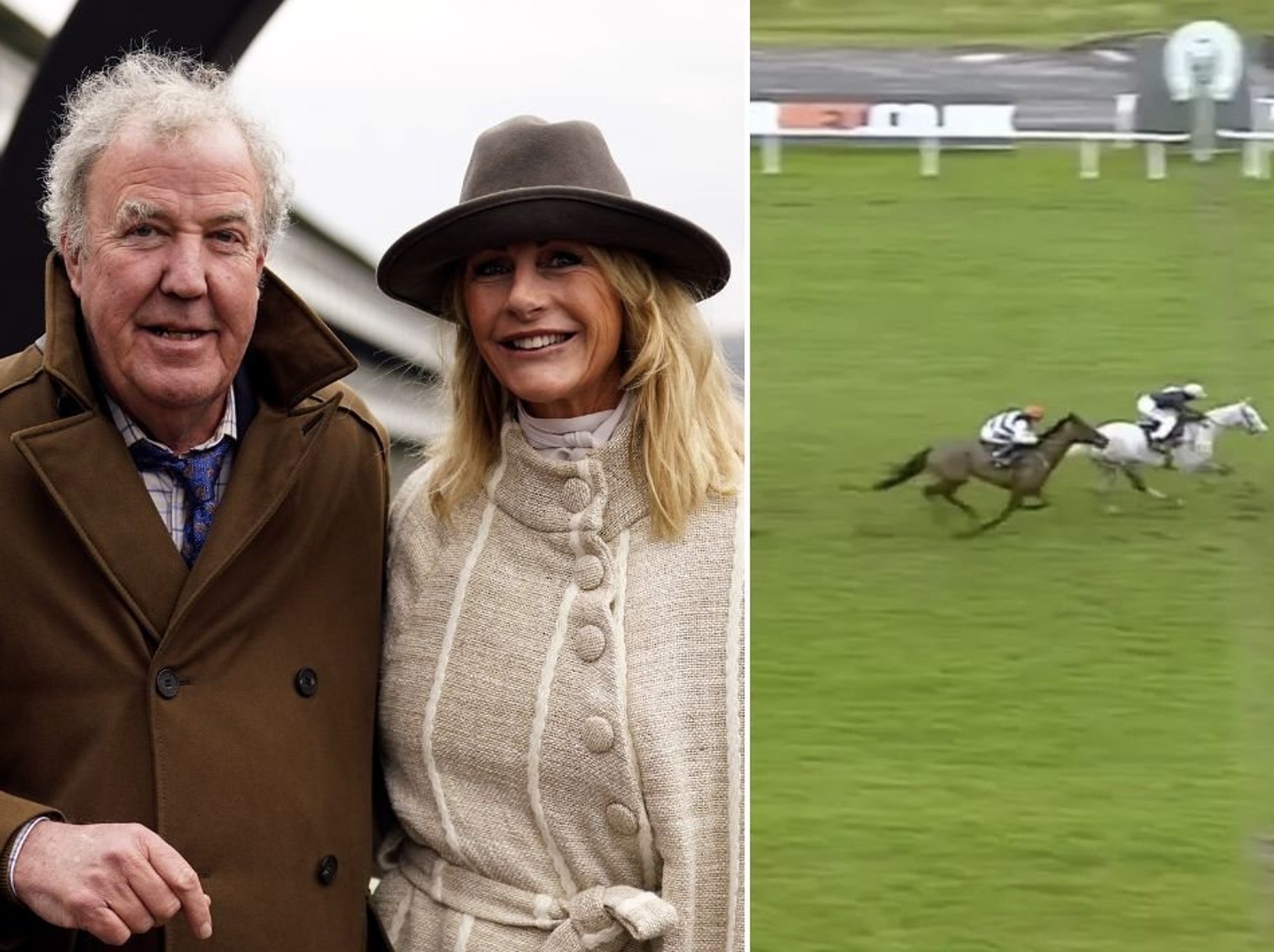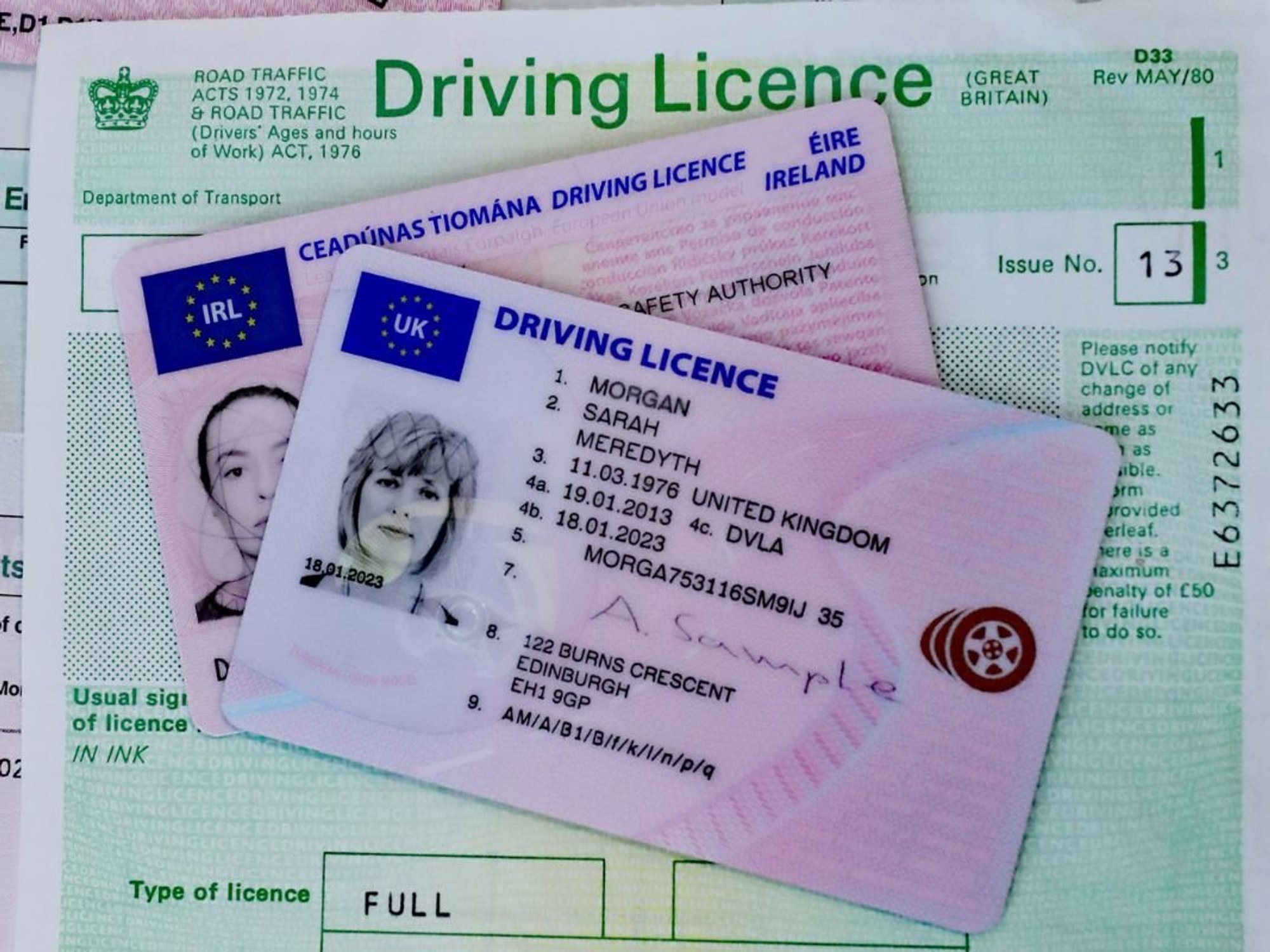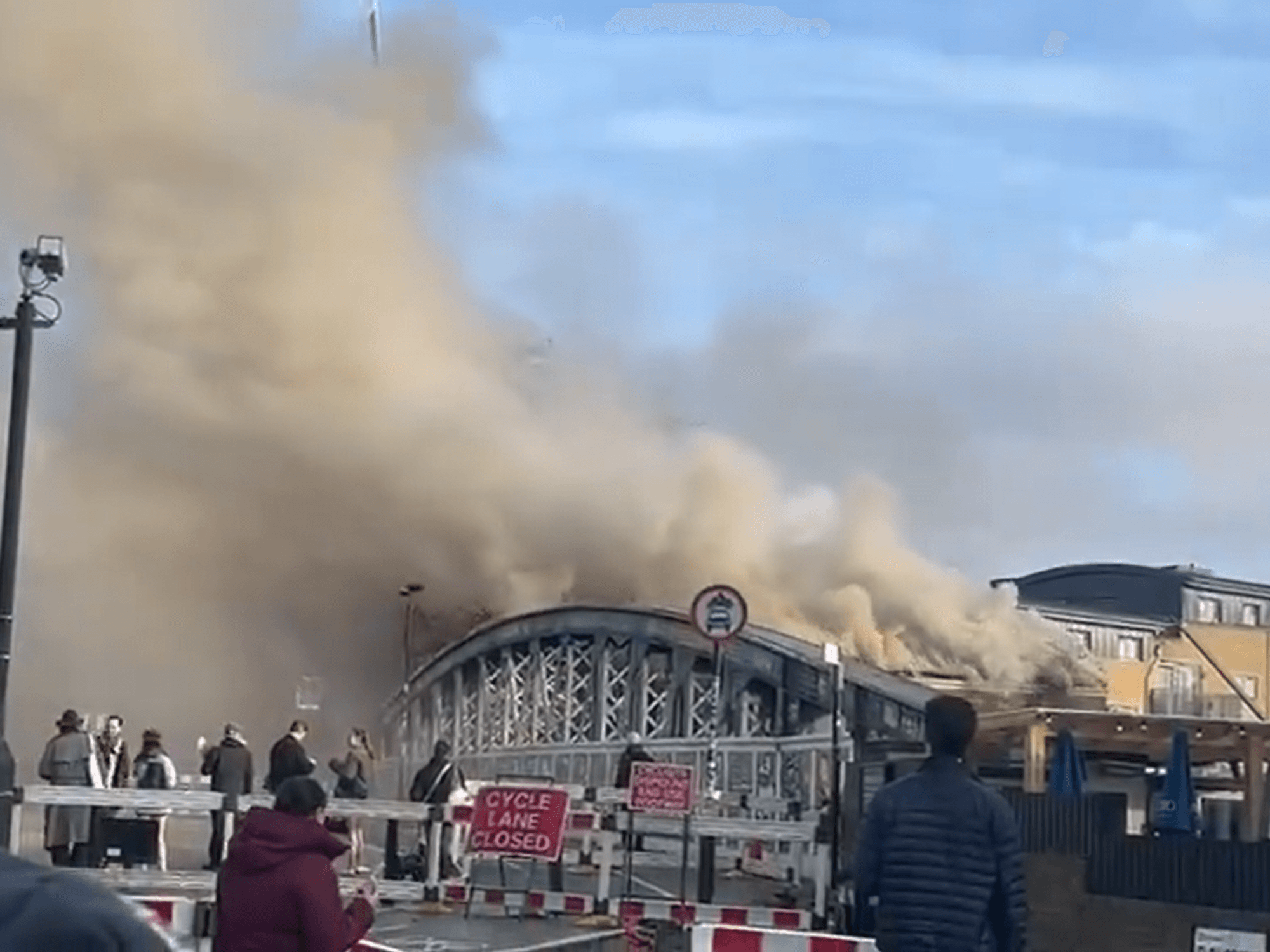The new law protects grooming gang rapists over their victims by design - Robert Courts
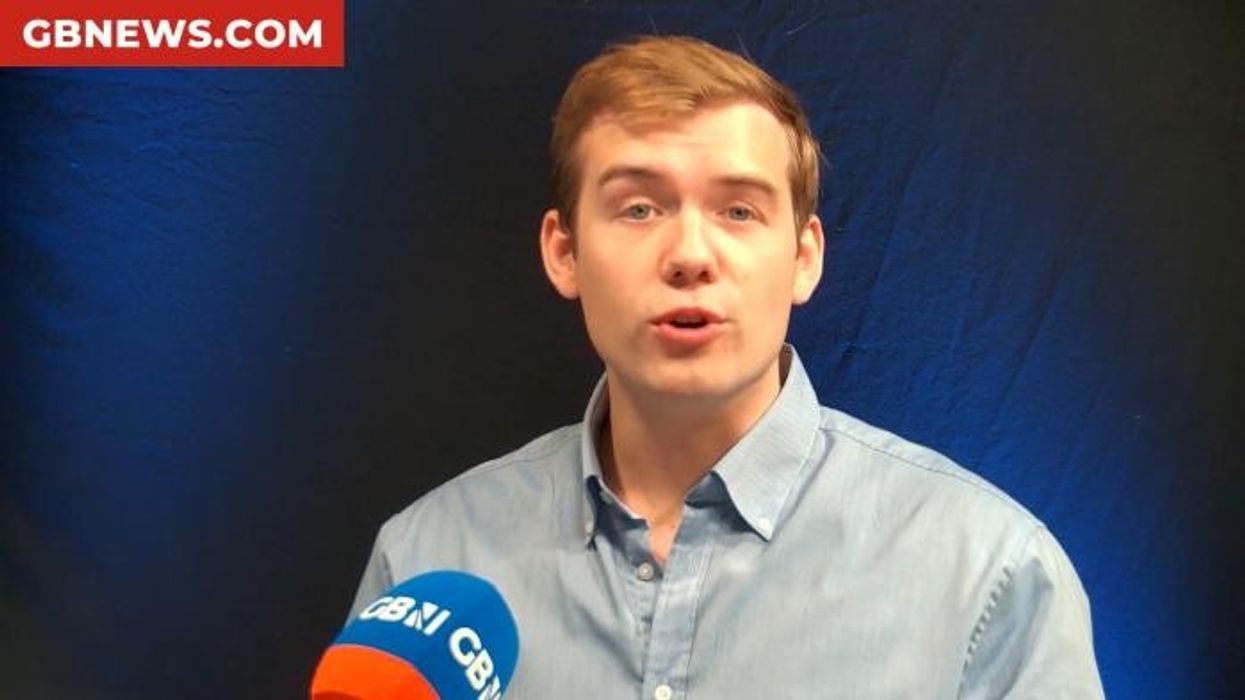
Grooming gangs cover up is worst race hate scandal and abuse scandal since the Second World War |
GB
The new duty to report child sexual abuse is only intended to apply in three narrow circumstances
Don't Miss
Most Read
Trending on GB News
After years of the grooming gangs ruining countless lives, of justified public outrage, years of denial and repeated calls for change, you’d think the Government would finally act with clarity and conviction.
Instead, all we’re seeing is a proposal for a “mandatory reporting law” that’s anything but mandatory - one that protects the very institutional failure that allowed the scandal of the grooming gangs to thrive in the first place.
The new duty on professionals and organisations to report child sexual abuse – much touted as a major safeguarding reform – is only intended to apply in three narrow circumstances: if a professional witnesses abuse happening, is told about it by the victim or abuser, or sees an image or recording of it. That’s it.
No requirement to report based on strong suspicion. No duty triggered by obvious patterns. No legal compulsion to act unless the abuse is practically unfolding in front of you.
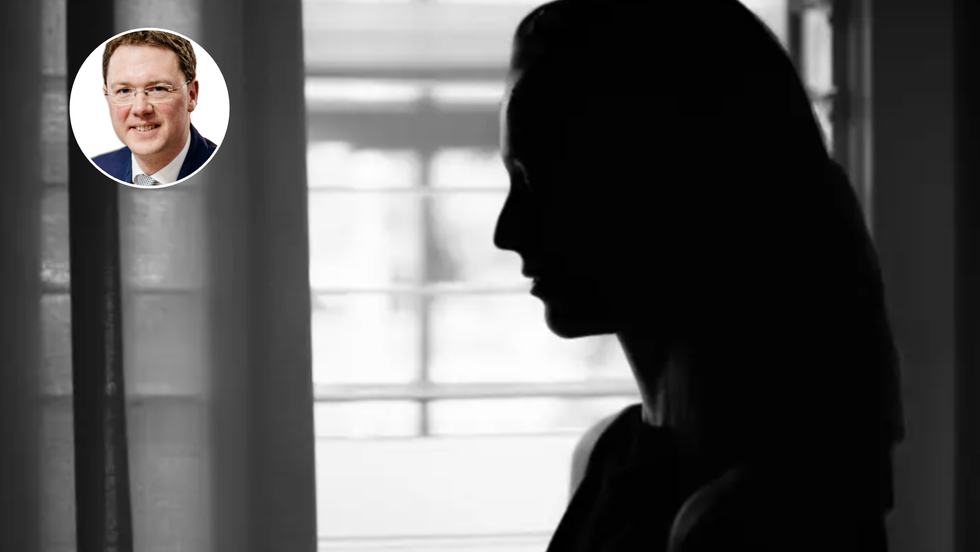
The new law protects grooming gang rapists over their victims by design - Robert Courts
|Getty Images
This defies everything we know about how grooming gangs operate. It ignores everything that anyone who has ever looked at – or worked on – one of these horrific cases knows all too well.
The scandal has never been that no one saw the abuse. It was that too many people saw enough to know what was happening, or at the very least to have had some serious suspicions and chose to look away. Girls are being picked up outside care homes and driven away.
Abusers loitering night after night. Victims returning withdrawn, distressed, or injured. No explicit disclosure. But not exactly a mystery, either.
What enabled that? Not just cowardice, but the absence of a clear legal duty to act on warning signs that focuses the minds of professionals. This proposed law keeps that omission intact.
So, this new regime would be exposed in all its hollowness almost immediately. It’s a law built to catch only the most extreme, blindingly obvious cases – but to let the rest slip through, as has been happening for years.
If you happen to witness abuse in real time – heaven knows how you’d do that without being complicit yourself in some way anyway - or happen to stumble across a recording, you must report it. Otherwise, the duty vanishes. And if you don’t report?
The punishment is a fine. Nothing more. No prison term. No real deterrent. Just a bureaucratic slap on the wrist. Professionals working in finance can face prison for failing to report suspicious transactions, but when it comes to child sexual abuse, this law would settle for a fine.
Even when a child’s safety is at stake. The law imposes duties only on individual professionals, leaving councils, safeguarding boards, and other institutions untouched.
Yes - even though these are the very bodies that failed so gravely in places like Rochdale, Rotherham, and Telford - there is no statutory mechanism to hold them to account.
By contrast, international regimes such as those in Australia and many US states impose both individual and institutional reporting duties, recognising that systemic silence requires systemic responsibility.
None of this is an accident. It’s by design. Ministers have opted for a version of mandatory reporting that’s legally narrow, institutionally safe, and politically quiet.
Compared to the model recommended by the Independent Inquiry into Child Sexual Abuse (IICSA) - and backed by Mandate Now - it’s a pale imitation.
The IICSA model would have required professionals to report reasonable suspicion, with criminal penalties for failing to do so. It is recognised that in abuse cases, especially involving grooming, waiting for certainty is waiting too long.
The Government rejected that approach. Instead, it has produced a law with loopholes wide enough to drive a minibus full of council denials through. It gives the appearance of action, but none of the architecture to enforce it.
This is what happens when reform is driven by optics. The headlines say “mandatory reporting” but the detail says something else. Something smaller. Something safer, but only for those in charge.
Victims of grooming gangs were failed not because the abuse was invisible, but because too many professionals decided it wasn’t their problem. Because no one made it their legal duty.
This law does nothing to fix that. It protects the same culture of strategic blindness that let these scandals happen again and again.
Until we impose duties based on reasonable suspicion and hold institutions accountable for ignoring the clear and obvious signs of abuse, the system will not change. And the silence will continue.
More From GB News





